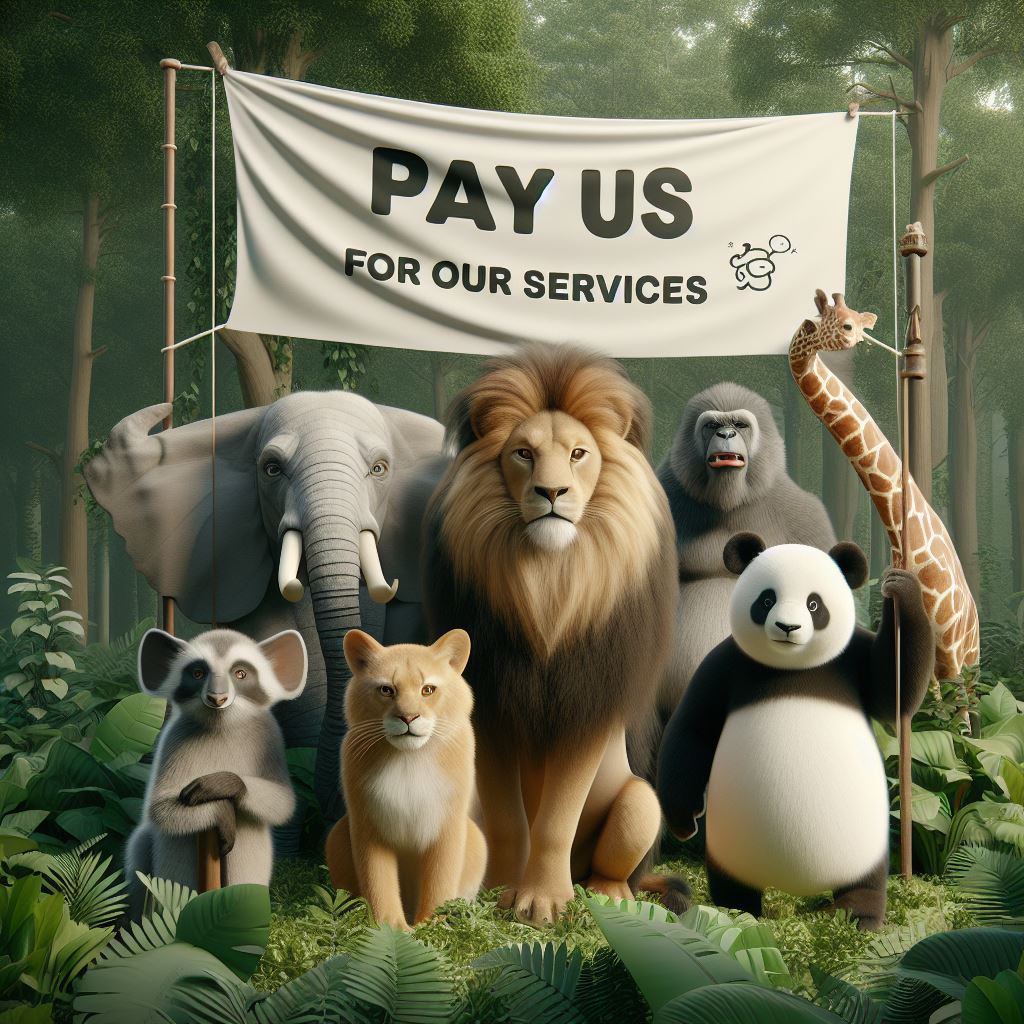About Us
Contact Us
Advertise With Us
Disclaimer
Privacy Policy
Terms & Conditions
Copyright © 2024 - BoldDiscussions.com

Share This Post





BOLDDISCUSSIONS
We Produce Content That informs, Educates And Entertains People Around The World to stay updated on every topic with confidence.
Copyright © 2024 – BoldDiscussions.com

